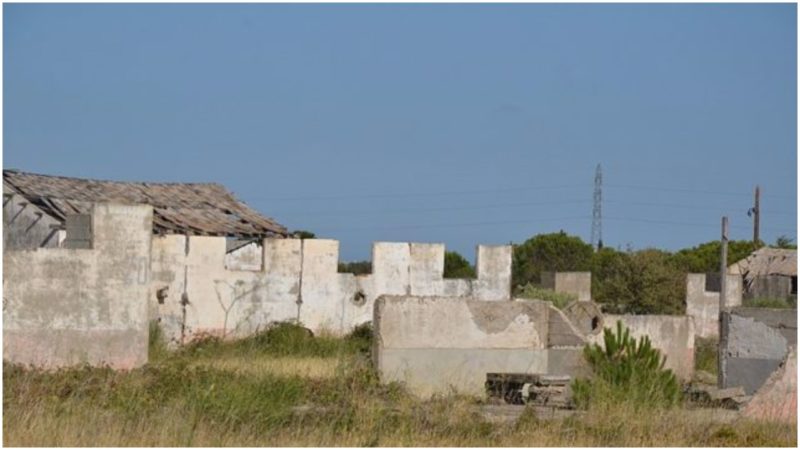The dark history of this camp begins in 1935, within the township of Rivesaltes, some 40 kilometers from the Spanish border. The camp stretched across 6 square kilometers of land the memories of which are macabre and heavy for this was a place where innocent civilians were locked.
Its original purpose was to be used as a military camp that was initially named Camp Joffre after General Joseph Joffre, a war hero of the First World War. It was 1939 when 15,000 Catalan refuges, all fleeing the Spanish Civil War, came to France, and the Government made a proposal for them to be placed in Camp Joffre. This plan was not fully successful, but some of the refugees were indeed placed in this camp.
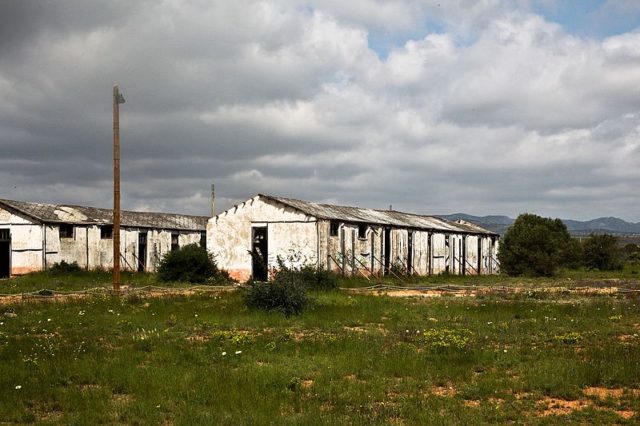
One year after Retirada – as the exodus of thousands of people from Spain is called – on December 10, 1940, around 2.4 kilometers of land was set aside by the Ministry of Defense to house a great number of people who had been banished from Germany. During this same period, a number of different civil camps existed in France and this camp ran in parallel with them.
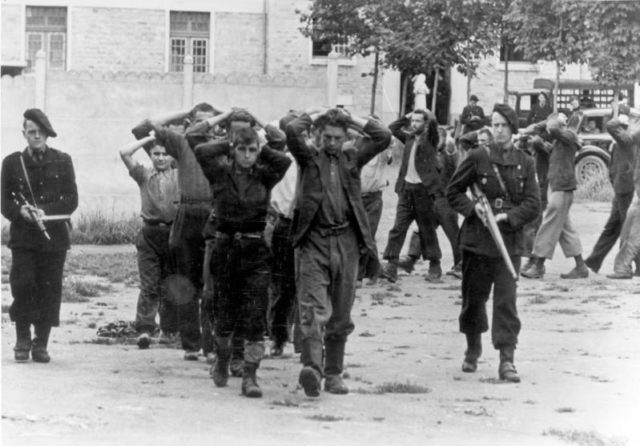
When the Second World War began in 1939, this camp became a true military base. Once the Armistice was signed to bring the warring sides to peace, France was split in two. This created the so-called zone libre where the camp was located.
The other zone was called the zone occupée. Over time, this military base became a place where Roma people, Jewish people, and refugees were imprisoned. It was constructed to house up to 8,000 people but it did not take long before it was overcrowded which inevitably meant that in such huge crowds, families were lost and the conditions worsened by the day.
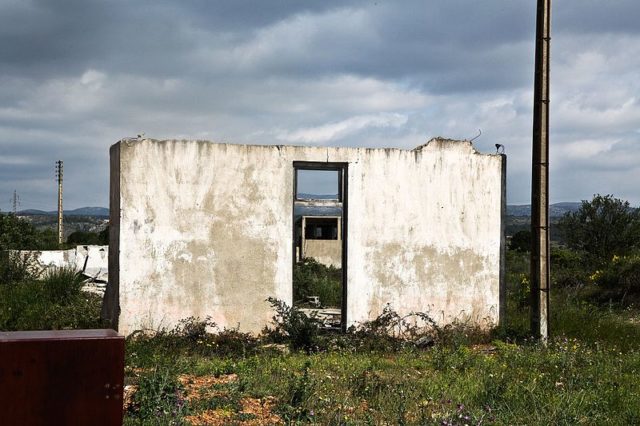
These people were housed in barracks built only for males and others for women with children. The barracks themselves were located within certain blocks, such as block F only for man, J block for children and women, Block K was the reception and so on and so forth.
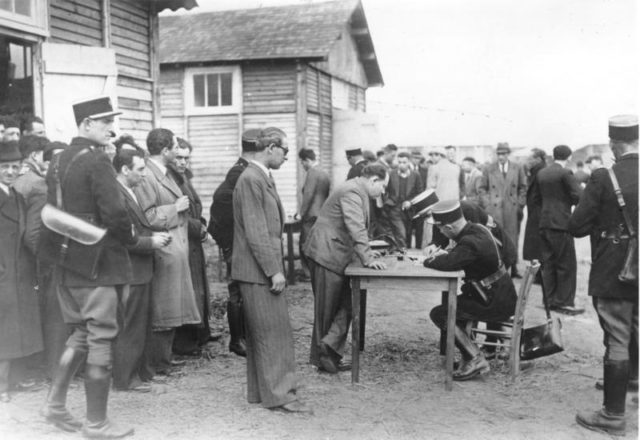
There were 16 nationalities in total. During the early hours of the 26th of August 1942, a great number of Jews were captured and brought to this camp to the so-called “Centre national de rassemblement des Israélites at Rivesaltes.” From here, they were taken to the Drancy internment camp. Around 2,300 people were deported to Drancy from August 11 to October 20.
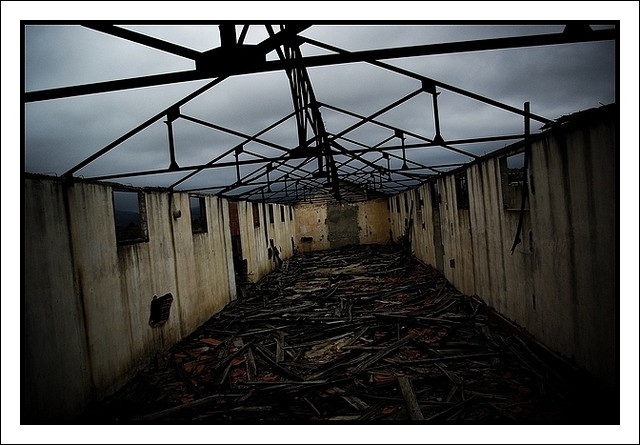
This military camp served as a starting point for thousands of deportees that were sent on their way to certain death. 215 people died in the camp, of whom 50 were young children barely a year old, and a total of 21,000 were “processed” through this camp.
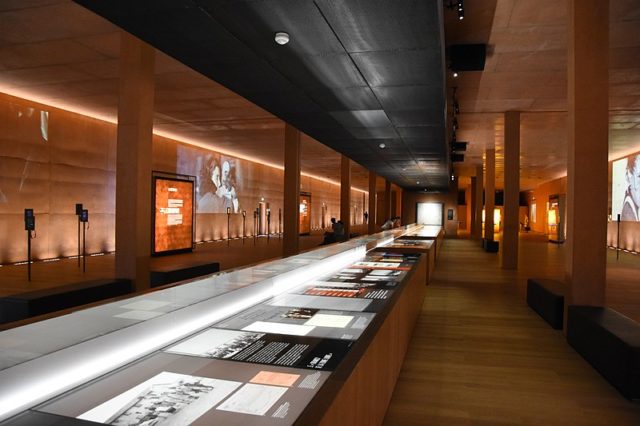
When the Second World War ended this place remained in use and was used during the Algerian War (1954-1962). During this time period, this place housed around 20,000 people.
After the end of the Algerian War, this place was used to house around 8,000 Harkis, Algerian Muslims that served in the French Army during the Algerian War.
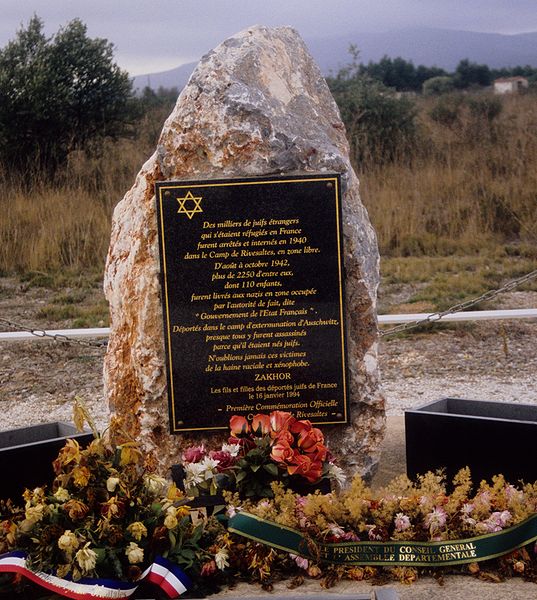
Later on, it was used as an Immigration detention center for 21 years. It was used to detain illegal Spanish trespassers. Pretty soon, the number of detainees grew to a thousand which placed this camp among the largest in France. It was closed for good in 2007.
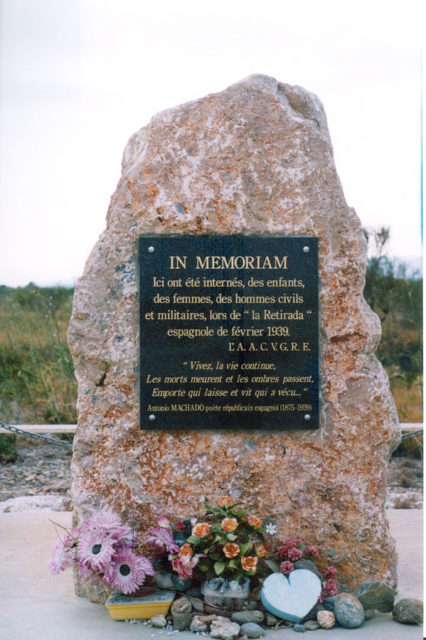
Today on the grounds of this camp stands a memorial museum dedicated to the Jews who lost their lives there. The idea for such a museum belongs to Serge Klarsfeld, a Nazi hunter and activist. In 1994, the association of Klarsfeld erected a memorial dedicated to the 2,313 Jews that were deported to Auschwitz. Then, in 1999, another monument was erected and this time to the Republicans who fought in the Spanish Civil War.
Today people come to this place to pay their respects to those who were once imprisoned in this camp.
